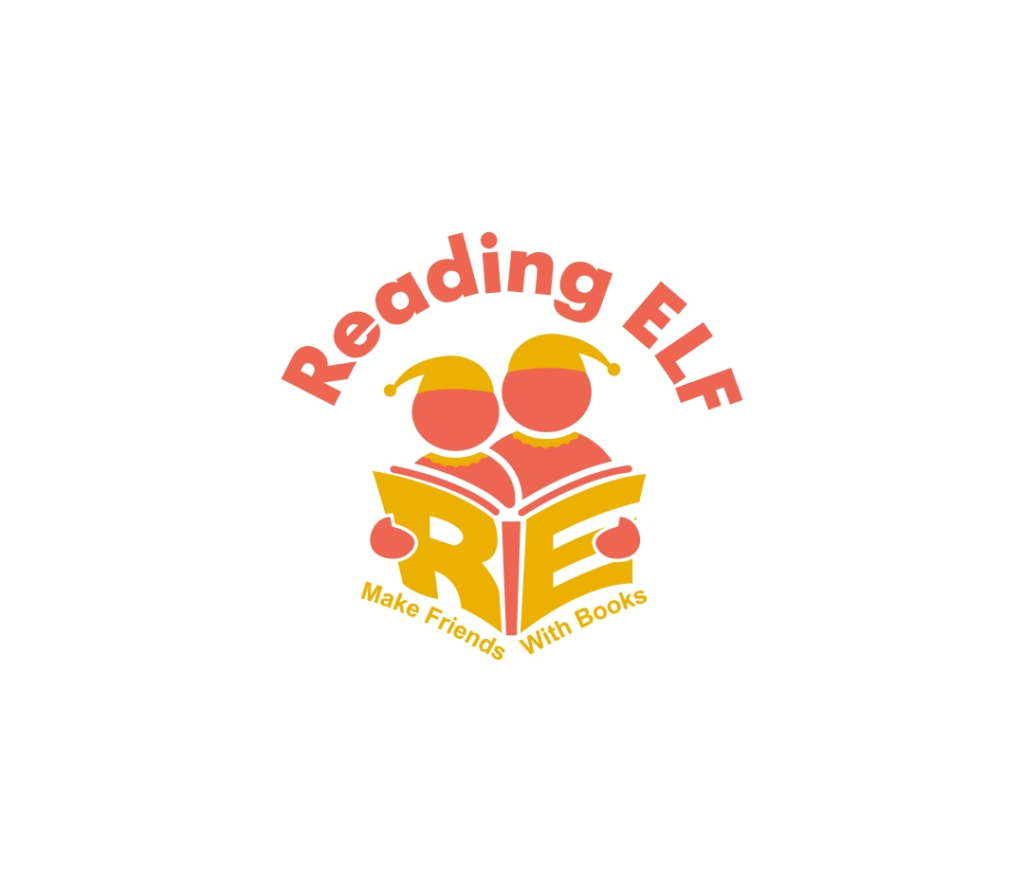
ELF = Emotional Literacy Friend
The ELF scheme has been developed in response to the growing need for school-based resources to support children’s emotional literacy, which contributes to good mental health. ‘Emotional Literacy is the term used to describe the ability to understand and express feelings. … It is especially important that young children develop Emotional Literacy because they need to have a recognition of their emotions in order to know how to behave, mature and ultimately be happy.’ The scheme can be used with children who would benefit from some additional support with positively managing their emotions. It is not designed for clinical use with children who have significant mental health concerns.
The scheme uses the same format as Reading Pals. The older ELF works with their younger peers, using carefully selected books and carefully structured question scripts. The books used in the ELF scheme are chosen to help children investigate and develop emotional literacy, by reading and discussing the topics introduced in the books. The books support children in having better understanding of their emotions, developing empathy, understanding the positive qualities of kindness and helping to increase feelings of confidence and self-worth. The scripts are written with a view to the children receiving maximum benefit from the messages in the books.
Emotional Literacy
In today’s complex times children have a great deal to learn about social interaction; understanding and knowing how to express their emotions appropriately are invaluable skills in a rapidly changing world.
The stories in books provide a stimulating and safe way for children to investigate and learn emotional literacy. Reading Pals supports this learning by providing a structure that encourages the children to observe and discuss the experiences of the characters.
The scaffolding scripts provide opportunities to develop important higher order thinking skills to help the children process their emotions and their environments. Many of the questions investigate the emotional responses of the characters and also encourage the children to draw conclusions about behaviour from the stories.
Emotional Support

Reading ELF supports children by providing them with regular, structured, positive attention from their peers and the adult running the group. The younger Pals have a sense of being nurtured and supported by their older Pal. The Older Pal has a sense of being important to the younger Pal and the satisfaction of knowing they are contributing to their Pal’s well-being. Many staff coordinating Reading Pals groups gave examples of children whose behaviour sense of well-being had significantly improved as a result of being included in the groups.A sense of social responsibility and usefulness to their community is an excellent way to help develop children and young people’s confidence. Learning at an early age that they have useful skills and qualities, that can help others, will encourage them to develop goals that will benefit themselves and society.

Training is provided for the staff supporting the ELF groups in the schools and for the older ELF. Success of the scheme can be monitored using simple surveys that can be collated into meaningful data.


